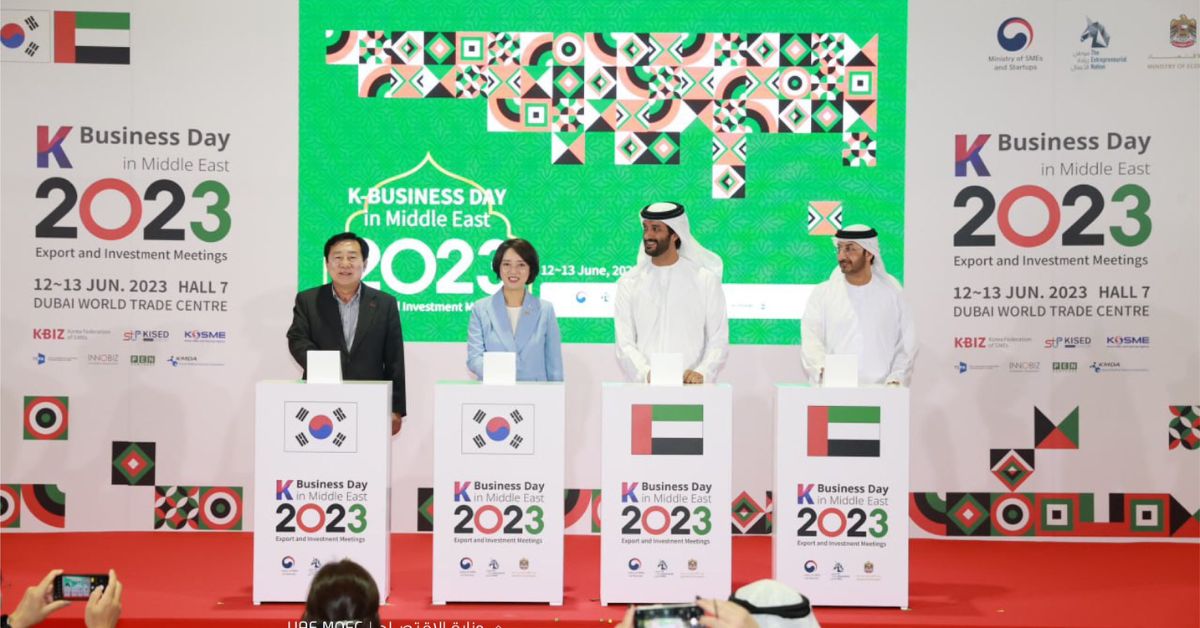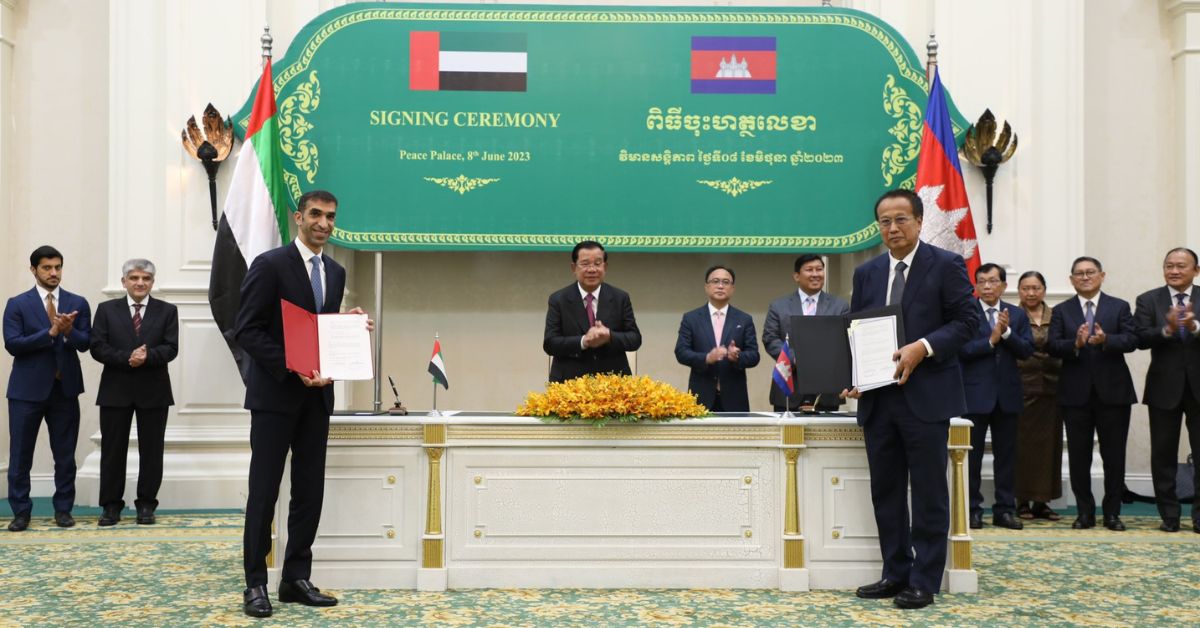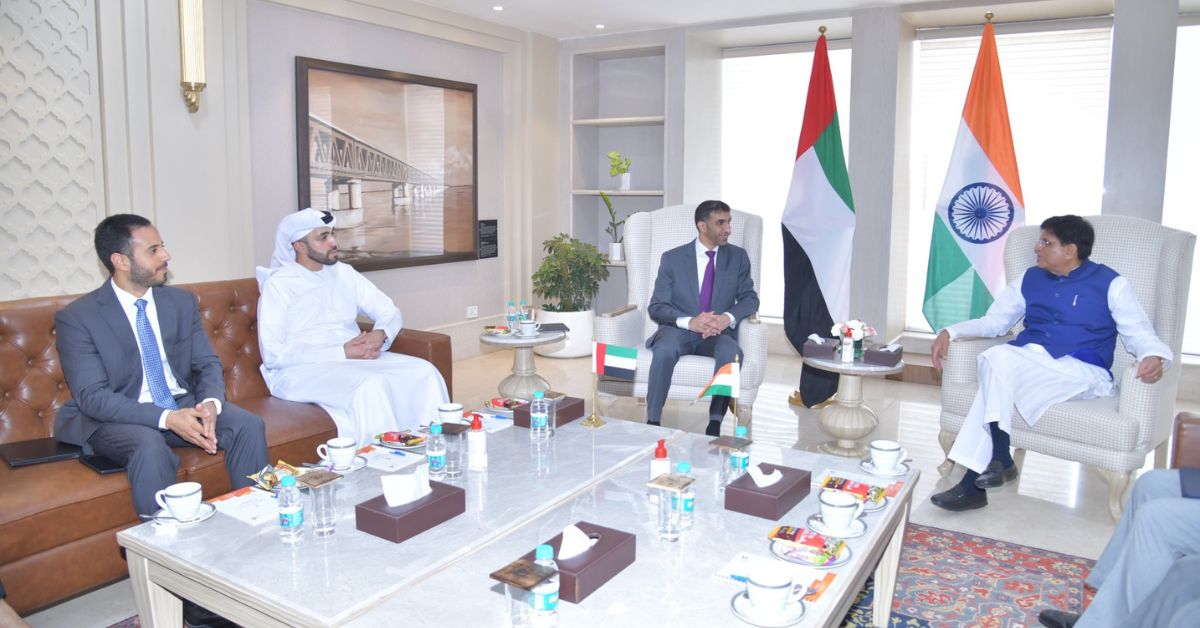DUBAI — The UAE is seeking innovative methods to achieve its economic goals and plans, as demonstrated by its international partnerships with some of the world’s strategic markets. These partnerships are integral to its Economic Vision 2030 and the “Principles of 50.”
From 2021 to June 2023, the UAE entered into comprehensive economic partnership agreements with several countries, and intensive discussions are ongoing with numerous others to expand these agreements. These partnerships are pivotal in achieving the UAE’s economic vision.
The country is exploring alternatives to oil and diversifying its economy. Through these agreements, it is opening new horizons for global investments, a critical determinant of international relations.
Moreover, the UAE views these agreements as a way to bolster its national economy and enhance its global competitiveness. They enable and develop Emirati investments across all worldwide markets.
These agreements aim to foster cooperation in various strategic sectors, including commodity trade, small and medium-sized enterprises, services, intellectual property, and investments. Furthermore, customs duties on over 93 percent of non-oil intra-trade value will be canceled or reduced under these agreements, boosting opportunities for bilateral trade growth.

As of June 8, 2023, the UAE had entered into five comprehensive economic partnership agreements to augment intra-non-oil trade. The most recent was with Cambodia, aiming to double intra-non-oil trade from US$407 million in 2022 to US$1 billion within five years.
In November 2021, the UAE signed its first comprehensive economic partnership agreement with Israel, which was ratified by both countries in December 2022.
A similar agreement was signed with India in February 2022 and implemented in early May of the same year. This agreement aimed to increase intra-non-oil trade from US$45 billion at the end of 2021 to US$100 billion annually over the next five years.
On July 1, 2022, the UAE furthered this initiative by signing a free trade agreement with Indonesia.
After signing an agreement in March, the UAE and Turkey ratified the Comprehensive Economic Partnership Agreement in May 2023. This contributed to the development of economic and investment cooperation and trade exchange between the two countries. The UAE anticipates this agreement will boost non-oil trade between the two countries to over US$40 billion annually over the next five years, up from US$18.9 billion in 2022.
In May 2023, Malaysia and the UAE announced the commencement of negotiations to sign the Comprehensive Economic Partnership Agreement.
The UAE aims to expand its investments abroad using its resources, and trade exchange is a key component of this strategy. Coupled with political influences, these steps are part of its effort to position itself as a desirable global investment destination.
Abu Dhabi announced the first batch of strategic projects and initiatives within the “50 Principles” in September 2021. This coincided with the 50th anniversary of the UAE’s founding and included the “launch of the Higher Committee for Global Economic Partnerships.”

In the first phase, the UAE plans to sign eight comprehensive partnership agreements with eight strategic markets. This is expected to increase the volume of trade exchange with these markets, which currently stands at US$257 billion, by US$40 billion annually.
Emirati newspapers have revealed the countries with which the UAE intends to sign partnership agreements in the first phase: India, Indonesia, Georgia, the Philippines, Turkey, Cambodia, and Malaysia.
According to the Emirates News Agency, WAM, a list of priority countries for negotiation has been established “based on economic feasibility studies prepared by the Ministry of Economy.” The “Higher Committee for Global Economic Partnerships” was formed to implement the global economic agreement program and develop the country’s negotiating positions to create new economic partnerships.
Thani Al-Zeyoudi, UAE Minister of State for Foreign Trade, stated in May that the agreements have had “positive effects.” He noted that the value of intra-non-oil trade with India reached US$45.5 billion in the first 11 months since the agreement was implemented, representing a 6.9 percent annual increase.
These agreements aim to accomplish larger goals, such as forming significant economic and political blocs, as the European Union and the Gulf Cooperation Council countries have done. Furthermore, they open up more business opportunities and facilitate more efficient use of natural resources.







